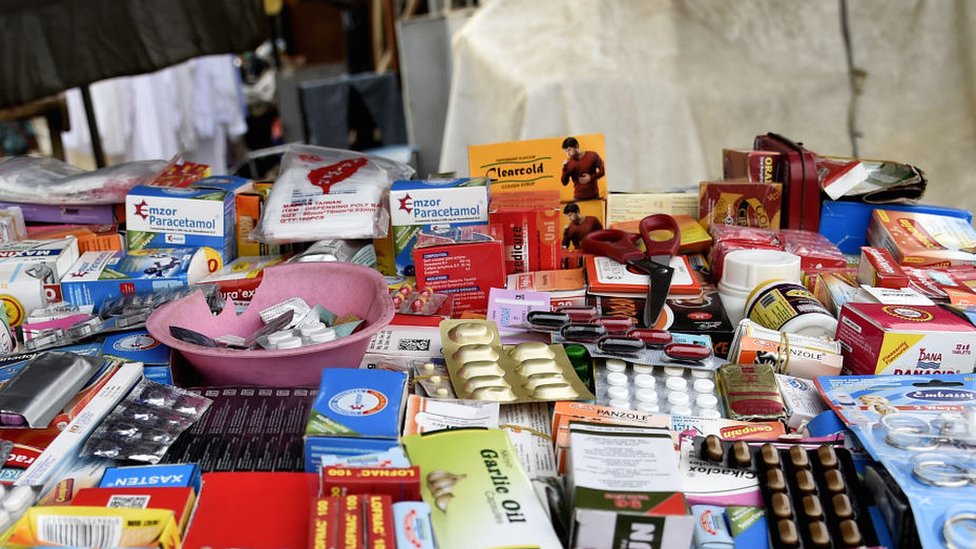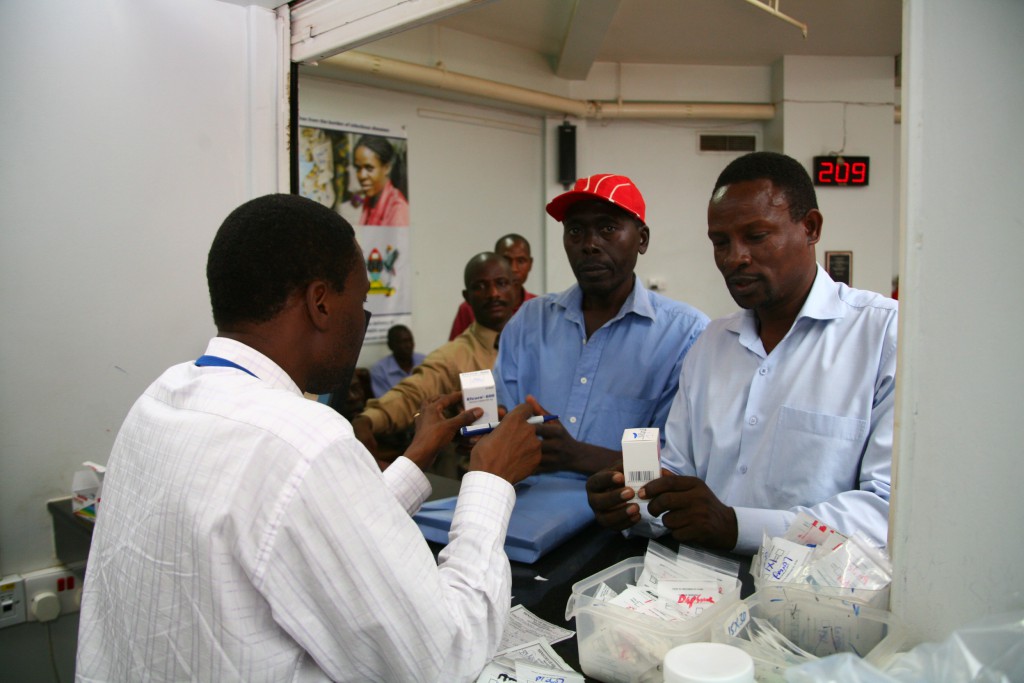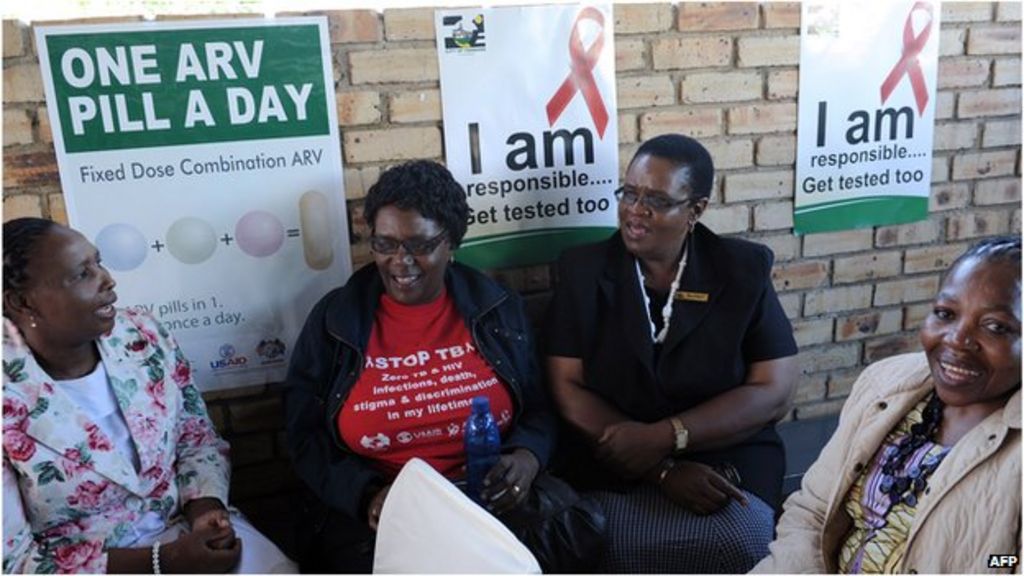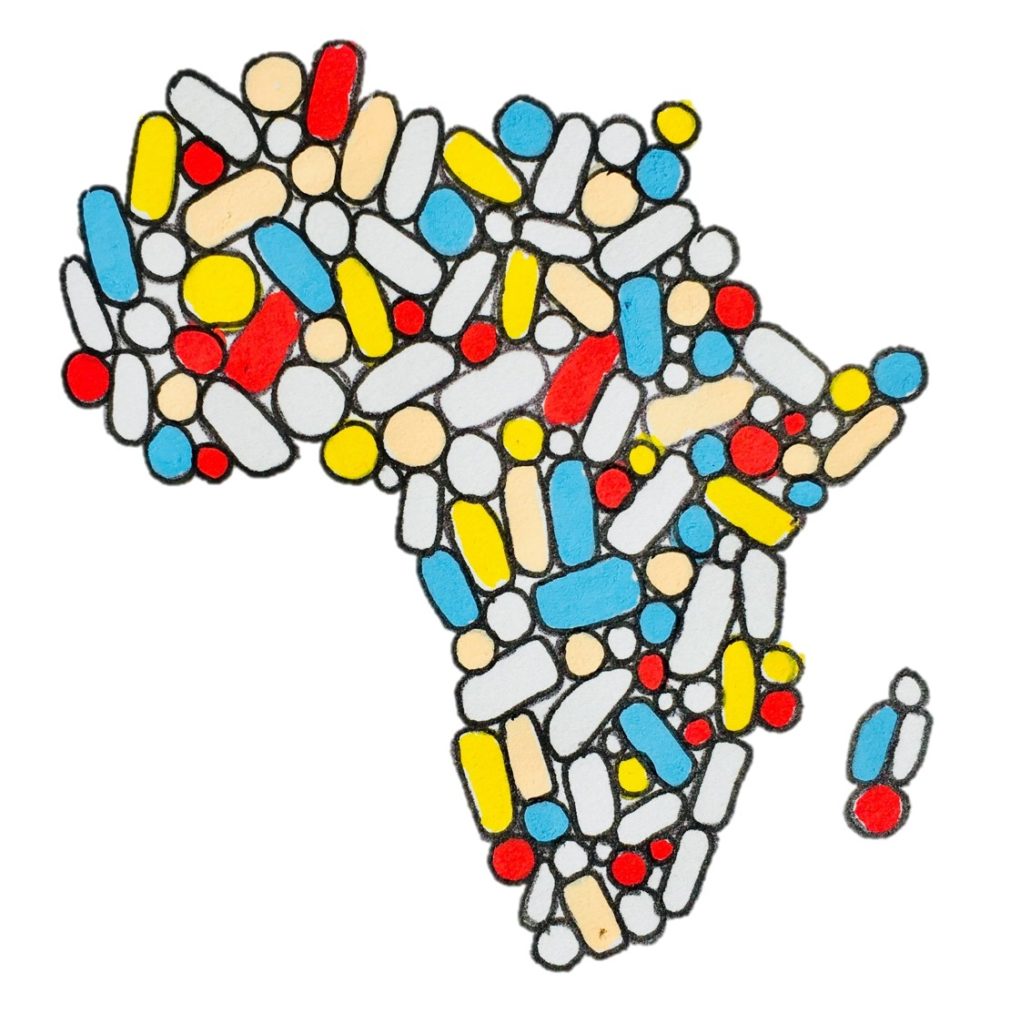African patients first
Understanding drug pricing

Increased out-of-pocket costs.
Patients who require medication may incur higher out-of-pocket expenses as a result of high drug prices, placing a heavy financial burden on families and individuals. Eventually, high drug costs might result in increasing poverty because people may have to choose between paying for their prescriptions and other essentials like food and housing.
Reduced access to essential medicines

High drug prices can restrict access to necessary medications, making it difficult or impossible for many people to receive the medications they require to treat and manage their medical problems. Untreated infections and even death may result from this. People with chronic illnesses like HIV/AIDS and diabetes may have higher mortality rates as a result of having less access to necessary medications and paying more out of pocket.
Reduced investment in public health
Because of high drug costs, governments may be less able to fund public health initiatives, which may worsen the health issues that many Africans already suffer. Economic growth is also stifled by the high cost of pharmaceuticals, which lowers labor productivity as a result of people’s inability to work owing to illness.
Strained healthcare systems
High drug prices can strain African healthcare systems, making it more challenging for medical professionals to provide patients with the treatment they require. Longer wait times, a decline in the standard of service, and other issues may follow. In some situations, high drug prices may force healthcare providers to restrict the variety of services they may provide, resulting in a reduction in the availability of healthcare services in impacted populations.

Our Company
Lorem ipsum dolor sit amet, consect etur adipiscing elit etiam maximus in lorem ipsum dolor sit amet.
Pages
- About Us
- Contact
- Services
- FAQ
- Templates
Services
- Management
- Theme Design / Development
- SEO Optimization
- Domain
Contact Us
example@mail.com
+1 234 567 890
457 Morningview Lane, NY
